These years, as regulatory pressure intensifies and operational demands become more complex, many shipowners are rethinking the way they manage their fleets. Increasingly, they are turning to third-party ship management, a model that promises scale, specialisation, and resilience in a rapidly changing world.
At the forefront of this transformation is V.Group, one of the world's largest and most experienced ship management companies. With a fleet of approximately 3,500 vessels under management, V.Group offers a full suite of services ranging from technical operations and crewing to catering, engineering services, procurement, digital platforms, and sustainability advisory.
In this exclusive interview,
Xinde Marine News speaks with René Kofod-Olsen, CEO of V.Group, about the evolving value of third-party management, the company's approach to digital and AI innovation, its role in the decarbonisation journey, and what's next for the industry.
René Kofod-Olsen, CEO of V.Group
Third-Party Ship Management Just Getting Started
Xinde Marine News: Last year you said that third-party ship management is only just beginning to grow. Why do you believe that?
René Kofod-Olsen: Only about 16% of the global fleet is currently under third-party management. Most shipowners are still managing their vessels themselves, often without the scale or systems needed to deal with today's complex regulatory and operational challenges. Other asset-heavy industries like real estate embraced outsourcing long ago for efficiency, risk mitigation, and access to specialist expertise.
We are seeing signs of a shift towards outsourcing in shipping. The drivers are clear: rising complexity, tighter margins, and increasing regulatory pressure, especially around decarbonisation. Compliance is becoming more costly, and ship managers are better positioned to handle it with dedicated teams and systems.
At the same time, digital transformation is another catalyst. Tools like AI, predictive maintenance, and integrated platforms require significant investment. Ship managers can spread that cost over larger fleets, creating a data flywheel effect where more vessels generate richer datasets, which improve algorithms, which deliver better insights, which attract more vessels.
Towards a Smarter and Greener Fleet
Xinde Marine News: You previously mentioned that "enhancing digital capabilities is key to V.'s future." Do you still believe this? What are your current priorities in this area?
René Kofod-Olsen: Digitalisation and data-driven decision-making are here to stay—and they're absolutely central to delivering safe, efficient, transparent, and compliant operations. That's why we developed ShipSure, our proprietary digital platform. It combines extensive historical data with real-time insights to give our clients full visibility into vessel performance, fuel efficiency, and maintenance. This visibility helps shipowners plan better, optimise operations, and spot issues before they escalate.
Building on this, we've also embedded AI through Sentinel, which has been in use for several years. It analyses years of data to flag risks—maintenance, procurement, crew—and has improved PMS issue resolution by 25%. The goal is to combine AI with human judgment to drive better decisions.
We believe the next evolution in shipping will be driven by digital technologies that are built on historical data. Looking ahead, we're focused on expanding the role of AI and analytics further, ensuring that teams across ship and shore share the same real-time operational view. That kind of transparency is what enables faster decisions and stronger collaboration.
Xinde Marine News: What is your view on the prospects of alternative fuels such as ammonia and methanol in shipping? How does V. support shipowners in this transition?
René Kofod-Olsen: Alternative fuels are essential for decarbonisation, but they are far from simple. Ammonia's toxicity and methanol's flammability present unique safety challenges, requiring new protocols, vessel designs, and strong crew training. The supply chain also needs to catch up.
LNG, with the largest fleet among alternative fuels, is currently the only one available at scale. With over 20 years of LNG and FSRU management experience, we now operate LNG, LPG, and methanol dual-fuel VLCCs, containerships, and gas carriers.
To support this shift, we offer specialised training through our global centres—covering fuel properties, bunkering, emergencies, and ship design. We use simulators and digital tools to ensure crews are prepared before boarding.
Beyond training, we advocate for seafarer representation in regulatory discussions. Ammonia-fuelled ships are entering service, but training standards won't update until 2027. We’re working to make sure onboard realities are reflected early in rulemaking.
China Market
Xinde Marine News: As one of the few international ship management companies with a substantial and growing presence in China, how does V. view China's role in its global strategy, and what are your key priorities and investment plans for this market?
René Kofod-Olsen: China is a core market for V., reflecting its growing influence in global shipping—from vessel ownership to shipbuilding and offshore development. Since entering the market in 2006, we've seen strong demand across technical management, crewing, compliance, and advisory services.
To support this, we've built two key offices: our Shanghai office, the only international ship manager certified by the Shanghai MSA for local seafarer recruitment, and our Nantong branch focused on SeaTec's technical services. This local presence allows us to offer fast, tailored support to clients.
Looking ahead, we aim to deepen partnerships across tanker, container, bulk, cruise, and offshore sectors. We're also expanding services like Oceanic catering, our Voyage Loyalty programme, GMT crew travel, Marcas procurement, and ShipSure digital platform—delivering integrated solutions with local teams who understand the market.
A Golden Era to Join Shipping
Xinde Marine News: Facing many challenges and uncertainties, what advice would you give to young professionals entering the maritime industry?
René Kofod-Olsen: There has never been a better time to join the maritime industry. The sector is undergoing transformative change—decarbonisation, digitalisation, and global collaboration are accelerating rapidly. For young people, this means opportunities to grow, learn, and shape the future of global trade.
Shipping needs fresh thinking more than ever. That's why we've launched our Global Graduate Development Programme—a two-year, cross-functional journey across operations, commercial and international offices—to help young talent gain hands-on experience and build long-term careers in maritime.
As one of the world's leading ship managers, V. has built a reputation on combining global scale with local expertise. With operational teams in every major maritime hub—from China to Singapore, Hamburg to Cyprus—the company ensures that its services are not only globally consistent but also locally responsive. This integrated and flexible service model allows V. to meet the specific needs of each client, regardless of vessel type or trading region. As the maritime industry undergoes transformative change, the company’s deep-rooted presence across markets, commitment to innovation, and investment in talent position it well to continue supporting shipowners worldwide with precision, efficiency, and care.
by Xinde Marine News Pang Kai
The opinions expressed herein are the author's and not necessarily those of The Xinde Marine News.
Please Contact Us at:
media@xindemarine.com
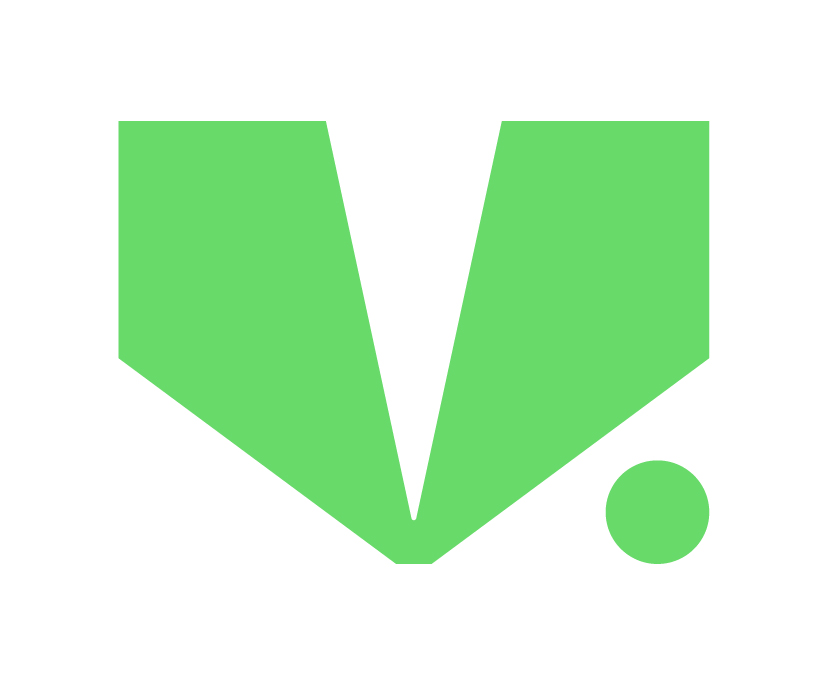
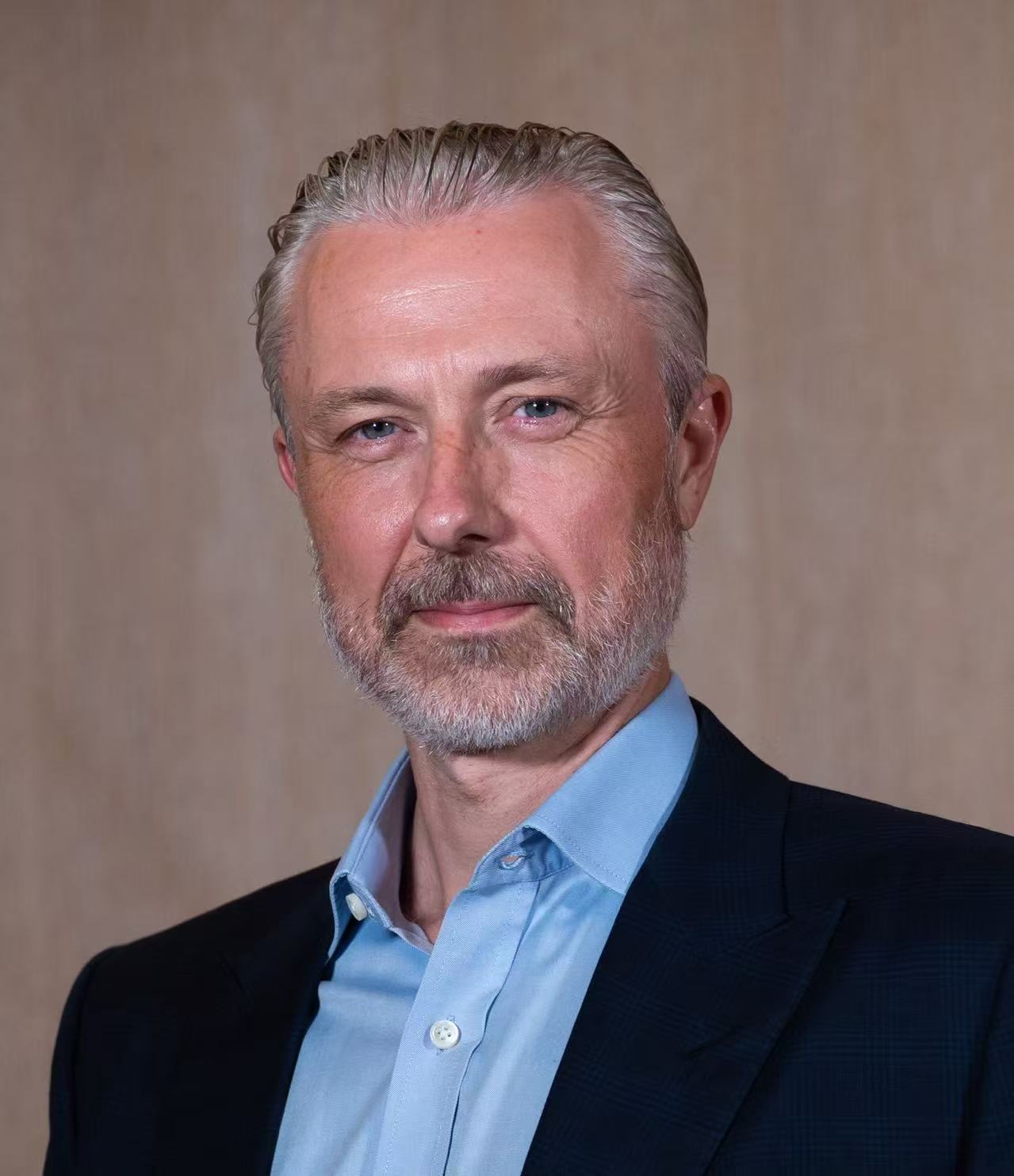
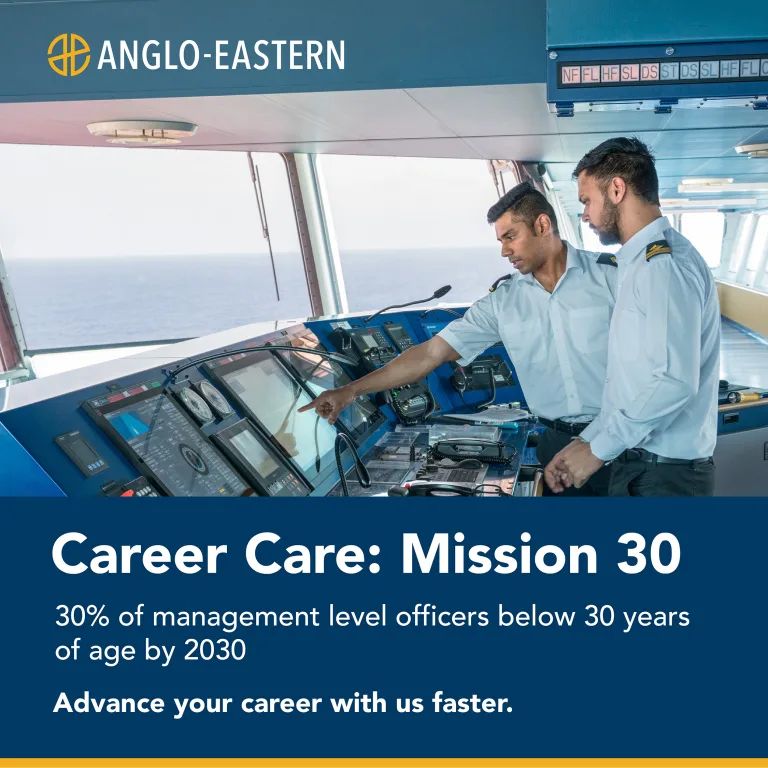 "Become a Captain or Chief Engineer by Age 30":
"Become a Captain or Chief Engineer by Age 30": 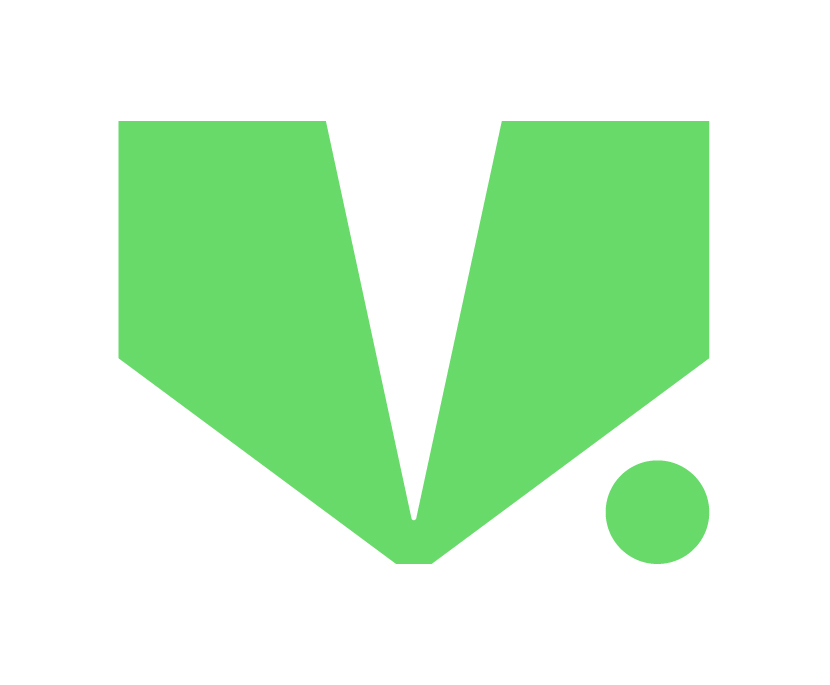 V.Group CEO René Kofod-Olsen: Why Third-Party Ship
V.Group CEO René Kofod-Olsen: Why Third-Party Ship 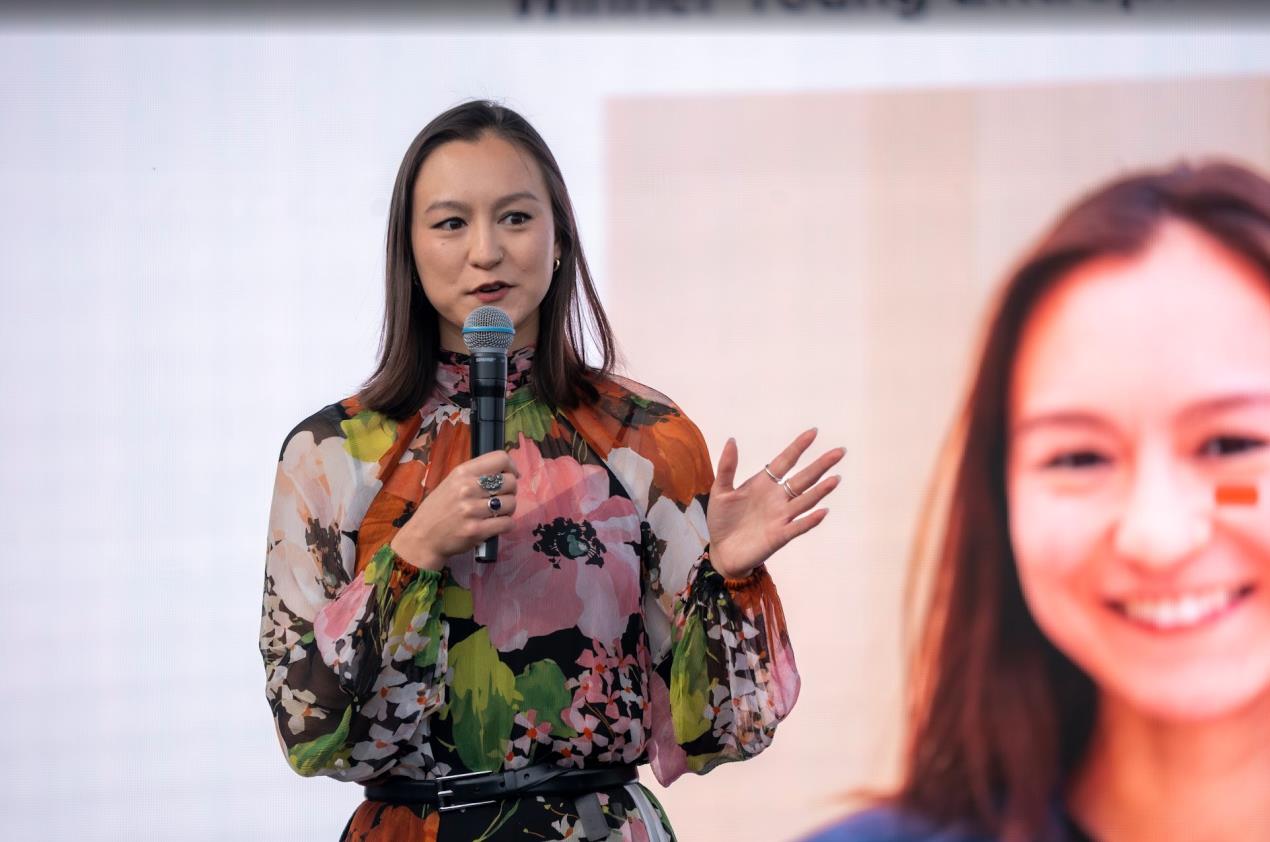 Seabound’s Alisha Fredriksson wins Nor-Shipping 2
Seabound’s Alisha Fredriksson wins Nor-Shipping 2 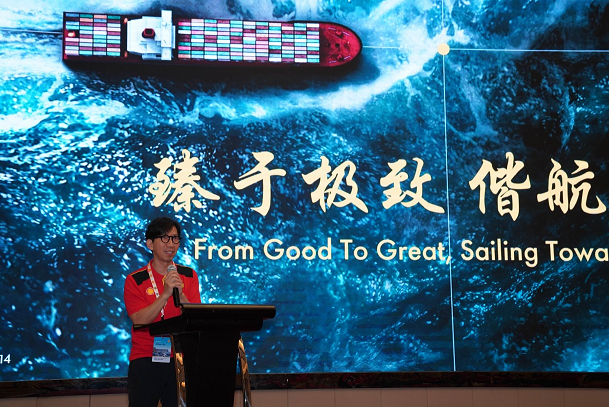 Exclusive Interview with Shell’s Jason Ho: 'We Do
Exclusive Interview with Shell’s Jason Ho: 'We Do 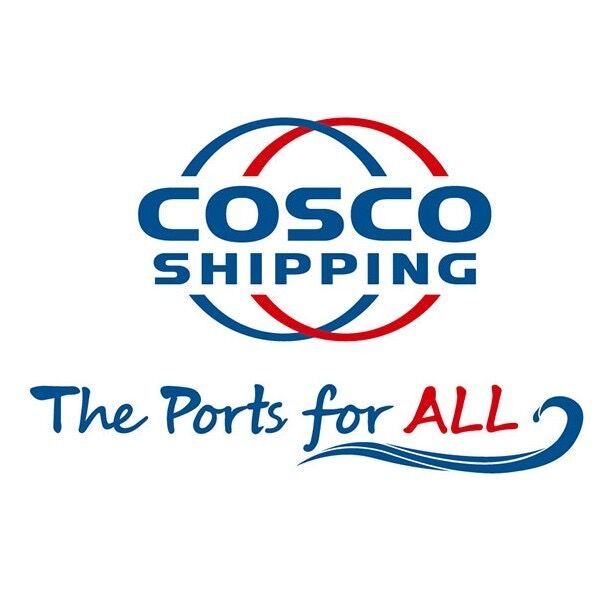 Executive Leadership Update at COSCO SHIPPING Ports
Executive Leadership Update at COSCO SHIPPING Ports 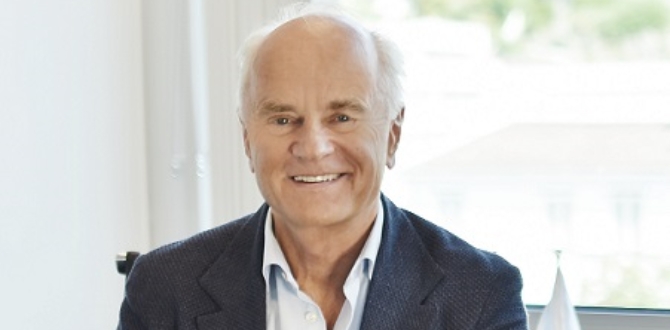 Following the Largest Ship Management Merger, OSM T
Following the Largest Ship Management Merger, OSM T